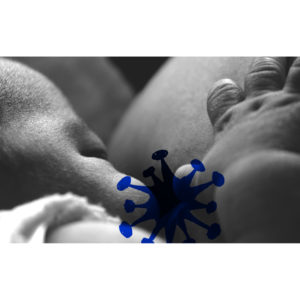In 2015, a study reported that Americans’ microbiomes are half as diverse as those of an Amazonian tribe, the Yanomami tribe. As there are many anecdotes, and recent new evidence, that state we are cleaning away this beneficial bacteria or microbial balance, the diversity of the tribe is intriguing. Despite the isolation of this tribe – their ancestors arrived to South America around 11,000 years ago – they carry functional antibiotic resistance genes, which is incredible presuming they have never been exposed to commercial antibiotics.[1]
The microbiome of an American is half as diverse as that of an individual in the Yanomami tribe in the Amazon.

Further to this, a multi-cohort study, led by Dr. Michelle K. McGuire from the University of Idaho, found that that infant faecal microbiome varied worldwide. The study examined 11 populations globally, from Rwanda to Washington and Sweden, and analysed 394 milk and 277 faeces samples. The research found that the mother’s milk and infant faecal microbiome were more similar within cohorts than between the distinct geographical populations.
Yet, digging deeper, significant variations within cohorts were also apparent, illustrating the impact of the environment on both mother and baby which include type of birth, method of breast feeding as well as lifestyle factors.[2]
In fact, these findings highlight the diversity to such an extent that there is no “normal” or healthy human milk and infant faecal microbiome that can be defined based on this data.
[1] https://advances.sciencemag.org/content/1/3/e1500183.full
[2] https://www.gutmicrobiotaforhealth.com/en/a-new-cohort-study-reveals-variations-in-milk-and-infant-fecal-microbiota-within-and-between-populations/
